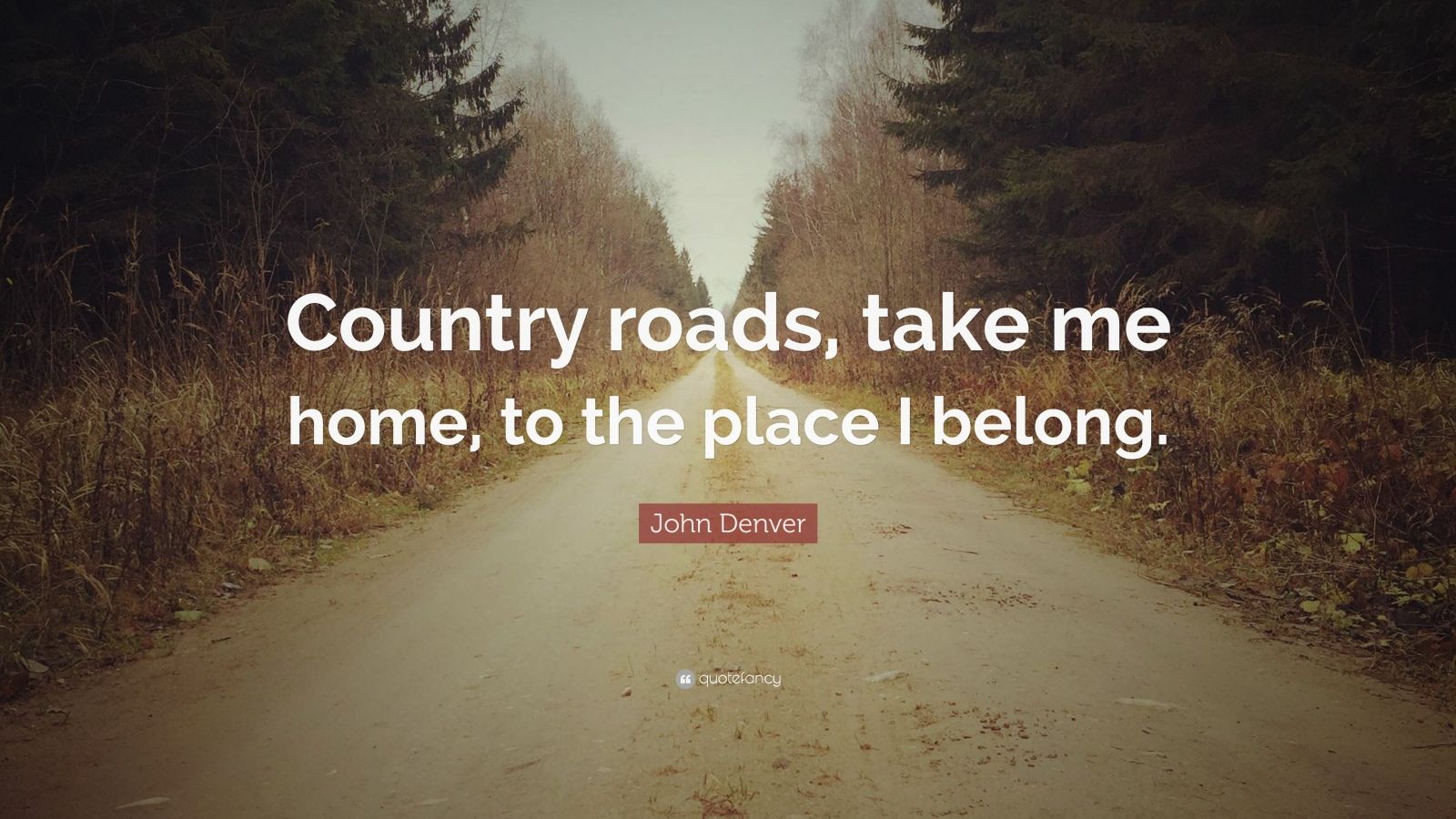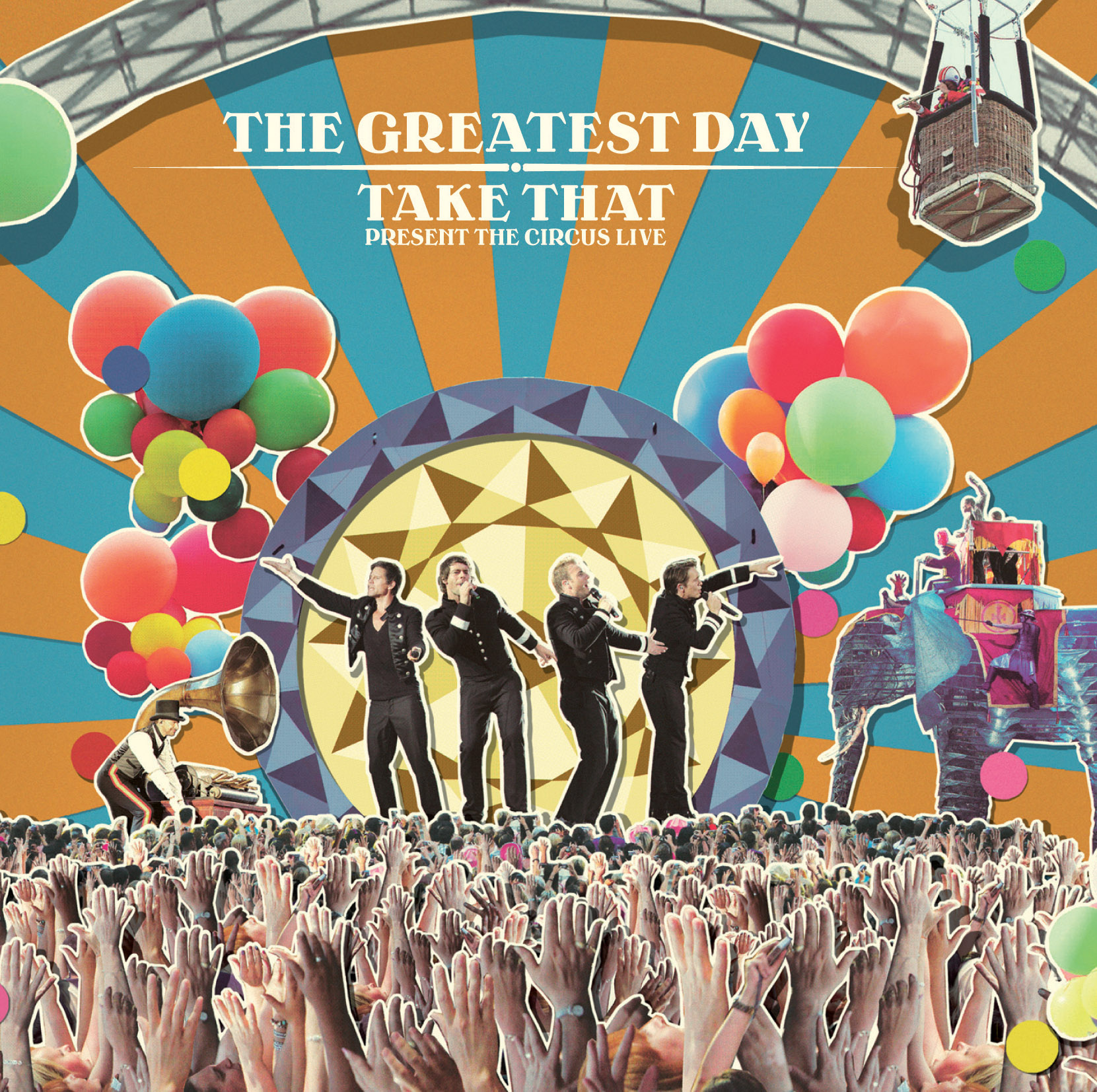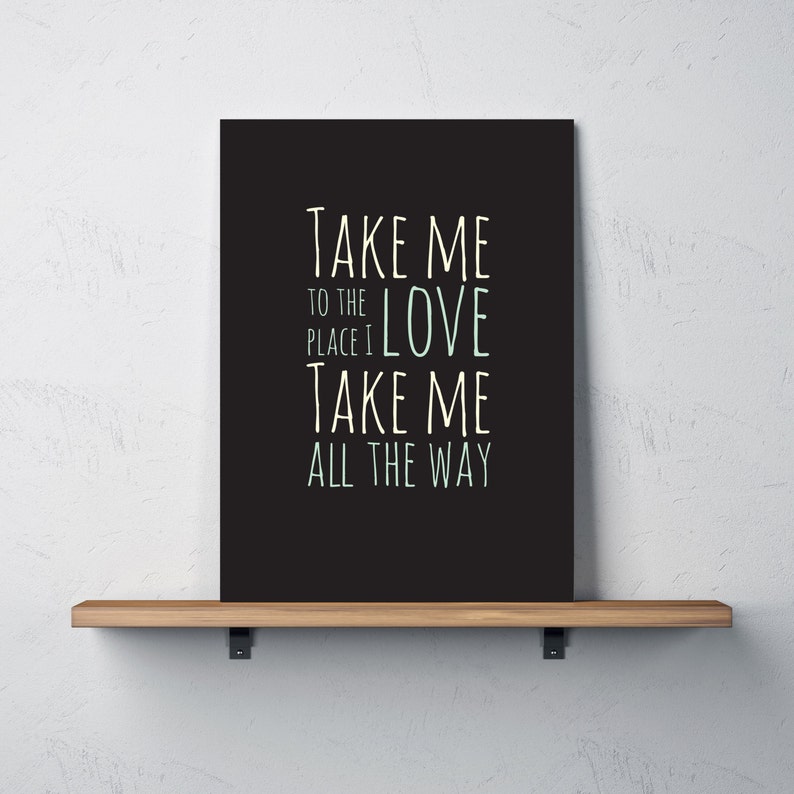Music has a unique way of transporting us to specific moments in our lives. The phrase "like I did that day take me to the place" resonates deeply with listeners who have experienced the transformative power of sound. Whether it's a memory of love, loss, or triumph, this phrase encapsulates the emotional connection we have with music. In this article, we'll explore the meaning behind these words, their cultural significance, and how they shape our understanding of music as an art form.
This phrase is not just a lyric but a reflection of the human experience. It speaks to the universal truth that music can evoke powerful emotions and memories. By delving into its origins, interpretations, and impact, we aim to provide a comprehensive understanding of why it continues to resonate with people across generations.
As we journey through the meaning of "like I did that day take me to the place," we will uncover its relevance in modern music culture, its role in shaping personal narratives, and how it connects us to the past. This exploration will not only enhance our appreciation of the phrase but also deepen our understanding of the emotional power of music itself.
Read also:Where Is Aaron Pierre From Unveiling The Journey Of A Rising Star
Understanding the Phrase: Like I Did That Day
The phrase "like I did that day" carries a nostalgic tone, inviting listeners to revisit a specific moment in time. It serves as a reminder of past experiences, often tied to significant emotional events. In the context of music, this phrase becomes a vessel for storytelling, allowing artists to convey complex emotions and memories through their lyrics.
When we hear these words, we are transported to a place of reflection. It encourages us to think about our own "that day" moments—times when something extraordinary happened, leaving a lasting impression on our lives. This emotional connection is what makes music so powerful and universal.
Origins and Cultural Significance
- The phrase first gained prominence in the early 2000s, becoming a staple in pop and alternative music genres.
- It reflects a broader cultural shift towards introspection and personal storytelling in music.
- Artists like Coldplay, Adele, and Radiohead have used similar themes to explore the depths of human emotion.
According to a study published in the Journal of Music Psychology, music that evokes nostalgia is often associated with increased emotional well-being. This highlights the importance of phrases like "like I did that day" in helping individuals process and understand their emotions.
Take Me to the Place: A Metaphorical Journey
The second part of the phrase, "take me to the place," adds a layer of depth to its meaning. It suggests a desire to revisit a specific location or emotional state, emphasizing the transformative power of music. This metaphorical journey is central to the experience of listening to music, as it allows us to escape the present and connect with the past.
Exploring the Concept of "Place" in Music
- In music, "place" can refer to a physical location, a memory, or an emotional state.
- Artists often use this concept to create immersive experiences for their listeners.
- Examples include songs like "Hotel California" by The Eagles and "Stairway to Heaven" by Led Zeppelin, which transport listeners to imagined worlds.
A report by the Music Therapy Association highlights the therapeutic benefits of using music to explore emotional landscapes. By connecting with the concept of "place," listeners can gain new insights into their own experiences and emotions.
Emotional Resonance: Why It Strikes a Chord
The emotional resonance of "like I did that day take me to the place" lies in its ability to tap into universal human experiences. Whether it's the joy of a first love or the pain of loss, this phrase captures the essence of what it means to be human. It serves as a reminder that we are not alone in our feelings and that music can provide comfort and understanding.
Read also:Aaron Hernandez Understanding His Size And Physical Attributes
Connecting with Listeners on a Personal Level
- Artists who incorporate this phrase into their work often report receiving heartfelt messages from fans who relate to its meaning.
- It has become a symbol of emotional authenticity in music, encouraging artists to be vulnerable and honest in their songwriting.
- Music therapists frequently use songs with similar themes to help clients process difficult emotions and experiences.
A study by the International Journal of Arts and Sciences found that listeners who connect emotionally with music are more likely to engage with it on a deeper level. This underscores the importance of phrases like "like I did that day take me to the place" in fostering meaningful connections between artists and their audiences.
Historical Context: The Evolution of Emotional Lyrics
To fully appreciate the significance of "like I did that day take me to the place," it's important to understand its historical context. Over the decades, music has evolved to reflect the changing social and cultural landscape. Emotional lyrics have become increasingly prevalent, allowing artists to address complex issues and connect with their audiences on a personal level.
Key Moments in Music History
- The 1960s saw the rise of protest songs, which used emotional lyrics to address social and political issues.
- In the 1980s, artists like Prince and Madonna pushed the boundaries of emotional expression in pop music.
- Today, artists like Billie Eilish and Taylor Swift continue to use emotional lyrics to tell powerful stories.
According to a report by the Music Industry Association, the demand for emotionally resonant music has grown significantly in recent years. This trend reflects a broader cultural shift towards authenticity and vulnerability in art.
Psychological Impact: How Music Shapes Our Emotions
Music has a profound impact on our emotions, and phrases like "like I did that day take me to the place" play a crucial role in this process. By evoking specific memories and emotions, music can influence our mood, behavior, and even our physical health. Understanding this connection can help us harness the power of music to improve our well-being.
Research and Findings
- Studies have shown that listening to music can reduce stress, anxiety, and depression.
- Music therapy is increasingly being used to treat a variety of mental health conditions.
- Emotional lyrics like "like I did that day" are particularly effective in promoting emotional processing and healing.
A report by the World Health Organization highlights the potential of music as a tool for promoting mental health and well-being. By incorporating phrases like "like I did that day take me to the place" into their work, artists can contribute to this growing field of research and practice.
Artistic Expression: The Role of Artists
Artists play a vital role in shaping the cultural landscape through their creative expression. By using phrases like "like I did that day take me to the place," they create works that resonate with audiences on a deep emotional level. This connection is what makes music such a powerful art form and ensures its continued relevance in modern society.
Spotlight on Influential Artists
- Artists like Beyoncé and Kendrick Lamar have used emotional lyrics to address important social issues.
- Independent musicians are increasingly using platforms like Spotify and SoundCloud to share their work with global audiences.
- Collaborations between artists from different genres and cultures are expanding the reach and impact of emotional music.
According to a report by the Music Business Association, the global music industry is experiencing a resurgence in emotional content, driven by the increasing demand for authentic and meaningful art.
Global Influence: The Universal Language of Music
Music transcends cultural and linguistic barriers, making it a truly universal language. Phrases like "like I did that day take me to the place" have the power to connect people from diverse backgrounds and experiences. By exploring the global influence of emotional music, we can gain a deeper understanding of its role in fostering understanding and unity.
Case Studies from Around the World
- In Japan, traditional music forms like Taiko drumming are being combined with modern pop to create new emotional experiences.
- African musicians are using emotional lyrics to address issues like poverty and inequality.
- Latin American artists are incorporating indigenous rhythms and instruments into their work, creating a unique fusion of sounds and emotions.
A study by the Global Music Network found that emotional music has a positive impact on cross-cultural understanding and collaboration. This highlights the importance of phrases like "like I did that day take me to the place" in promoting global harmony and connection.
Future Directions: The Evolution of Emotional Music
As technology continues to evolve, so too does the way we experience music. The future of emotional music lies in its ability to adapt to new platforms and formats while maintaining its core connection to human experience. By exploring emerging trends and innovations, we can gain insight into the future of this powerful art form.
Technological Advancements in Music
- Virtual reality and augmented reality are being used to create immersive musical experiences.
- Artificial intelligence is being developed to assist in the composition and production of emotional music.
- Social media platforms are providing new opportunities for artists to connect with their audiences and share their work.
According to a report by the Music Innovation Institute, the future of emotional music lies in its ability to harness technology to enhance the human experience. By embracing these advancements, artists can continue to push the boundaries of what is possible in the world of music.
Conclusion: The Power of Emotional Music
In conclusion, the phrase "like I did that day take me to the place" encapsulates the transformative power of music. Through its emotional resonance, cultural significance, and psychological impact, it has become a cornerstone of modern music culture. By exploring its meaning and influence, we have gained a deeper understanding of why it continues to resonate with people across generations.
We invite you to share your thoughts and experiences in the comments below. How has this phrase impacted your life? What are some of your favorite songs that incorporate similar themes? By engaging with this content, you contribute to the ongoing conversation about the power of music and its role in shaping our world.
Table of Contents
- Understanding the Phrase: Like I Did That Day
- Take Me to the Place: A Metaphorical Journey
- Emotional Resonance: Why It Strikes a Chord
- Historical Context: The Evolution of Emotional Lyrics
- Psychological Impact: How Music Shapes Our Emotions
- Artistic Expression: The Role of Artists
- Global Influence: The Universal Language of Music
- Future Directions: The Evolution of Emotional Music
- Conclusion: The Power of Emotional Music


